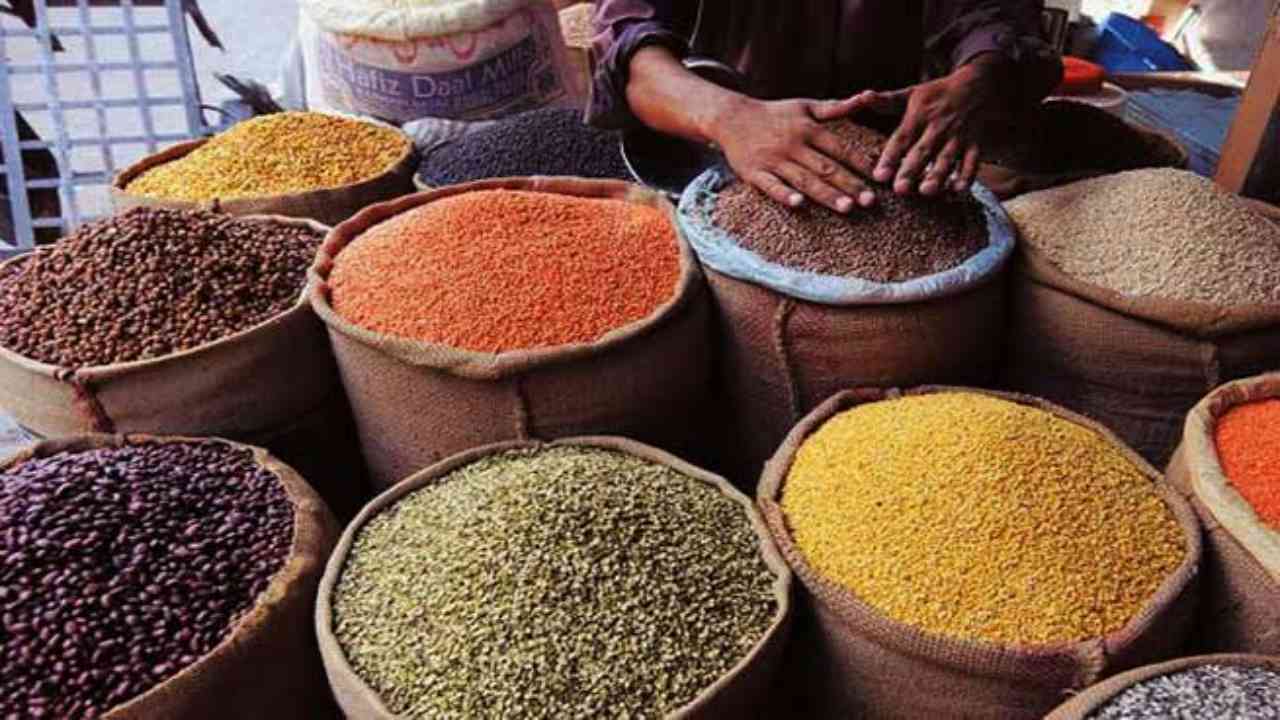Every country and individual is taking the necessary steps to fight COVID-19 worldwide. Masks and hand sanitizers are considered essential items to fight the virus. However, there are reports across the country that shopkeepers do not provide hand sanitizers and masks, or that shopkeepers sell these items at prices above the maximum retail price (MRP).
Therefore, by June 30, 2020, the central government has taken strict steps to declare masks (2 ply and 3 ply surgical masks, N95 masks) and hand sanitizer as essential items.
In this context, many people consider that what the Essential Commodities Act of 1955 is, and what items have been declared necessary under the Act, and which commercial activities are prohibited.
What is the Essential Commodities Act,1955?
The “Essential Commodities Act” of 1955 is a law that prohibits hoarding and black marketing of basic commodities. It applies across the country including Jammu and Kashmir. The list of the essential item stipulated by the Act includes; pulses and edible oils, drugs, fertilisers, and petroleum and petroleum products etc.
If the central government finds that the price of a commodity has risen due to a shortage of supply, it orders the state governments and Union Territories to fix the stock-holding limit of that commodity for a certain period.
Whether it is a wholesaler, retailer, or importer, no matter who sells the product, you should prevent excessive inventory to avoid black marketing and prices not rising.
It is worth mentioning that the Food and civil supply authorities implement the provisions of the Act. Recently, the Central Government (Ministry of Consumer Affairs, Food & Public Distribution) issued a notice under the Act. The Central Government has declared hand sanitizer and masks as essential Commodities up to 30th June 2020.
Aims and Objectives: Essential Commodities Act, 1955
1. Maintain an uninterrupted supply of basic commodities in the country.
2. The government (Ministry of Consumer Affairs, Food & Public Distribution) seeks to stabilize the prices of basic commodities. The central government has also set a maximum retail price for such goods. As in the case of masks, the maximum retail price of 2 ply masks has been fixed at Rs 16.
3. Prevent unnecessary essentials storage
4. Stop black marketing of essential commodities
What are the Essential Commodities in India?
The list of essential goods can be changed according to economic conditions, weather, natural calamities, etc. From 15 February 2002, the Central government removed 12 commodities from the essential list completely while one commodity is removed partially. Some of the names in the list are as follows;
1. Petroleum and its products, including petrol, diesel, kerosene, solvents, Naphtha, etc
2. Food items, edible oils and seeds, vegetables, pulses, paddy, sugarcane and its products such as khandasari and sugar, etc.
3. Jute and Textiles
4. Fertilizer (Restrictions on transfer and stock of fertilizers apart from prices)
5. Hand Sanitizer and Mask
Punishment under the Essential Commodities Act,1955
The States or Union Territories may take action against the offenders under the Essential Commodities Act,1955 and Prevention of Black-marketing and Maintenance of Supplies of Essential Commodities Act, (PBMMSEC Act), 1980.
Violators can be punished with up to 7 years’ imprisonment or a fine or a combination of both under the Essential Commodities Act,1955 and detention for up to 6 months under the PBMMSEC Act.
How to complain about higher Prices?
If the owner charges more than the maximum retail price for any essential item, then the consumer may complain against him on the National Consumer Helpline number 1800-11-4000 and online complaints www.consumerhelpline.gov.in, Department website www.
You can also register at consumer affairs.nic.in, [email protected] and [email protected], [email protected].


















